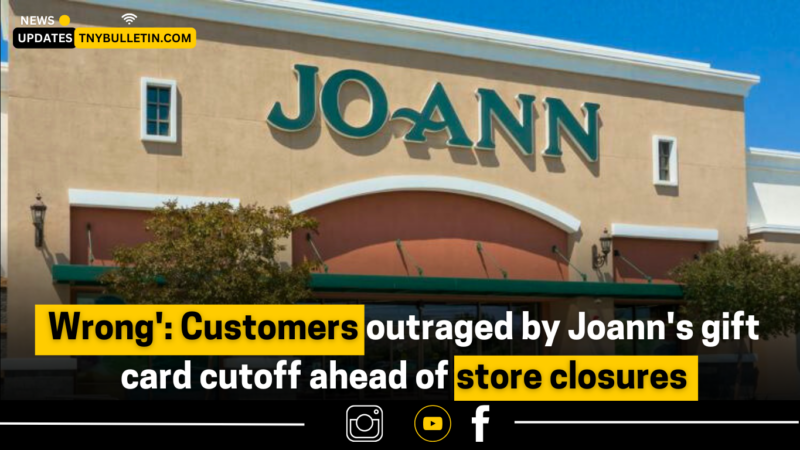‘Clear Message’: Can Binance Founder Help Pakistan Become a Crypto Power?

Pakistan, which is home to over 220 million human beings and a tech-savvy children’s populace, stands at the threshold of a virtual revolution. With cryptocurrency adoption rising, the country may want to become a crypto powerhouse; however, demanding situations like regulatory ambiguity and infrastructure gaps persist. Enter Changpeng Zhao (CZ), founding father of Binance, the arena’s biggest crypto trade. Could his vision and expertise propel Pakistan into the crypto spotlight? This article explores the opportunities, hurdles, and techniques for Pakistan’s crypto transformation.

The Rise of Cryptocurrency in Pakistan
Current Crypto Adoption Trends
Pakistan ranks among the top 20 countries in Chainalysis’ 2023 Global Crypto Adoption Index. Remittances, which account for 8% of GDP, pressure-demand crypto as residents are looking for less expensive, faster go-border transactions. Platforms like Binance and LocalBitcoins report surging user registrations, especially among freelancers and SMEs heading off traditional banking hurdles.
Regulatory Challenges
Despite developing adoption, Pakistan’s number one financial group (SBP) continues a careful stance. In 2021, the SBP banned crypto transactions, bringing up coins laundering risks. However, peer-to-peer (P2P) buying and selling continues to thrive, highlighting the want for smooth rules to guard investors even as fostering innovation.
Binance Founder’s Vision for Pakistan
CZ’s Advocacy for Emerging Markets
CZ has long championed crypto accessibility in growing countries. At the 2023 Blockchain Summit, he emphasized Pakistan’s capacity, pointing out, “Blockchain can bridge economic gaps and empower underserved groups.” Binance’s educational tasks, just like the Blockchain Education Network, intend to equip Pakistani students with blockchain abilities.

Potential Collaborations with Pakistani Authorities
Binance could partner with Pakistan to layout a regulatory sandbox, permitting startups to test crypto answers beneath monitored conditions. In 2022, Binance signed an MoU with Dubai’s authorities to form crypto rules—a version Pakistan should replicate to balance innovation and compliance.
Opportunities for Pakistan as a Crypto Power
Economic Growth and Financial Inclusion
Crypto ought to streamline remittances, saving Pakistanis $1.5 billion yearly in prices. Additionally, 70 million unbanked adults could get entry to decentralized finance (DeFi) structures for loans and financial savings, riding monetary participation.
Technological Innovation and Youth Empowerment
With sixty percent of the population under 30, Pakistan’s teenagers can leverage blockchain for startups. Projects like Bazaar Technologies (a Pakistani e-trade platform) already use crypto for move-border exchange, showcasing nearby innovation potential.
Challenges on the Path to Crypto Dominance
Regulatory Uncertainty
The absence of a legal framework deters institutional buyers. Clarity on taxation, anti-cash laundering (AML) protocols, and purchaser protection is essential to constructing trust. Infrastructure and Education Gaps Only 35% of Pakistanis have internet get right of entry to, and strength shortages disrupt mining operations. Simultaneously, misinformation about crypto dangers necessitates nationwide recognition campaigns. The Road Ahead: Strategies for Success Building a Crypto-Friendly Regulatory Framework Pakistan has to adopt models from Singapore or El Salvador, which apprehend crypto as prison soft while implementing strict AML pointers. A phased technique—starting with pilot applications—must mitigate dangers.
Leveraging Public-Private Partnerships
Collaborations between Binance, Pakistani universities, and regulators ought to spur innovation. For instance, incubators for blockchain startups or certification applications for developers may bridge the abilities hole.
Conclusion
Pakistan’s crypto destiny hinges on balancing innovation with law. With CZ’s knowledge and the authorities’s willingness to evolve, the kingdom should harness blockchain to reinforce its economy and empower hundreds of thousands. However, achievement calls for urgent motion to cope with infrastructure deficits and regulatory voids.
FAQs
1. Is cryptocurrency legal in Pakistan?
While not banned, crypto operates in a regulatory grey area. The SBP prohibits banks from processing transactions, but P2P trading stays popular.
2. How can CZ affect Pakistan’s crypto landscape?
CZ ought to advocate for progressive regulations, provide educational assets, and foster partnerships to build Pakistan’s blockchain ecosystem.
3. What are the principal challenges for crypto in Pakistan?
Regulatory ambiguity, low net penetration, and electricity shortages are key hurdles.
4. How would crypto possibly gain Pakistan’s economy?
Reduced remittance prices, monetary inclusion, and job introduction in tech are potential benefits.
5. Has Binance released projects in Pakistan?
Binance offers P2P trading and academic programs, although formal collaborations with the government are nonetheless nascent.





